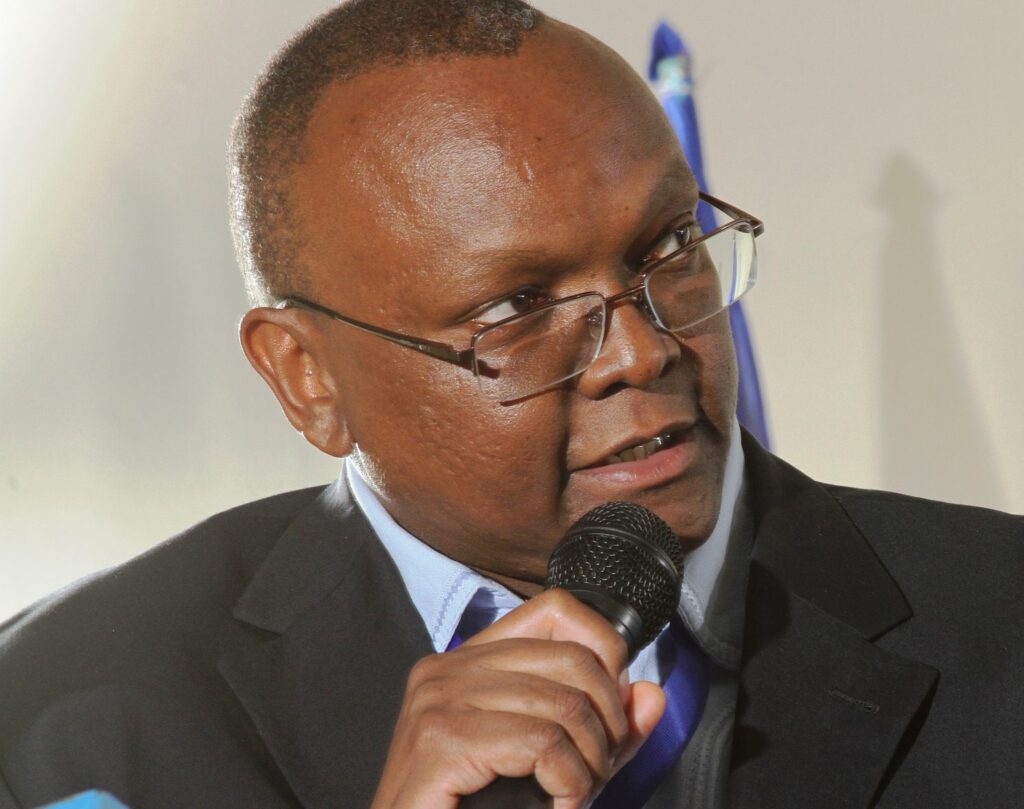
Africa’s Fight for True Representation in the United Nation. The analysis comes through Prof. Tim Murithi, a Research Associate, Institute for Democracy, Citizenship and Public Policy in Africa, University of Cape Town.
By Baboloki Semele
The ongoing debate over the reform of the United Nations Security Council (UNSC) has once again resurfaced, highlighting deep-seated global inequalities. For over two decades, Africa has campaigned for greater representation within the UNSC, yet remains sidelined in key decisions that heavily impact the continent. Recent discussions leading up to the UN’s Summit of the Future have reignited this contentious issue.
The African Union (AU), through the Ezulwini Consensus adopted in 2005, has long demanded two permanent seats on the UNSC, complete with veto power. This call for reform stems from the glaring reality that, despite 60% of the UNSC’s agenda focusing on Africa, the continent has no permanent voice in shaping those decisions.
For twenty years, the five permanent members of the UNSC—USA, UK, France, China, and Russia—have paid little more than lip service to Africa’s inclusion. However, a recent proposal from the U.S. Ambassador to the UN, Linda Thomas-Greenfield, seemed to offer a breakthrough. She suggested that two permanent seats be allocated to Africa, but without veto powers—rendering these seats powerless in the context of real decision-making.
Critics have dubbed this a “non-proposal,” noting that it merely cements Africa’s status as a second-class player on the world stage. African nations, already marginalized in global politics, would continue to be excluded from key decisions that affect their own continent, much as they were in 1945 when the UN was first established.
The absence of veto power in the U.S. proposal seems to be a carefully calculated move, designed to ensure its rejection by African leaders. The strategy could potentially provoke opposition from not just African states, but from global powers like China and Russia, which also oppose any reforms that dilute their influence. For Washington’s foreign policy planners, the backlash to this proposal may ultimately serve to maintain the current status quo, allowing the U.S. and its allies to claim they attempted reform while shifting the blame for its failure to Africa and the Global South.
In an increasingly multipolar world, the U.S. strategy of defending the status quo is short-sighted. By failing to support genuine reform, Western powers risk alienating countries in the Global South, which may turn to emerging alliances like BRICS (Brazil, Russia, India, China, and South Africa) and the Non-Aligned Movement (NAM). Such shifts could give rise to parallel and competing institutions that challenge the dominance of Western-led multilateral organizations like the UNSC.
One of the clearest examples of this inequity is the presence of the UK and France on the UNSC as permanent, veto-wielding members. With populations of around 67 million each, these nations have a disproportionate amount of power compared to Africa’s 1.4 billion people. Many see this as a relic of colonialism, a reflection of a bygone imperial era that has little relevance in today’s global landscape.
The U.S. proposal to Africa is being likened to a slap with a velvet glove—a seemingly polite offer that, in reality, continues the cycle of marginalization. If African nations are to truly influence global decisions, they need more than just a seat at the table; they need an equal voice.
As the UN Summit of the Future approaches, it is becoming increasingly clear that reform of the UNSC is critical not only for Africa but for the entire global order. The current system, designed in the aftermath of World War II, is failing to reflect the realities of the 21st century. Without meaningful reform, the world risks deepening divisions and increasing instability.
The Summit, however, appears destined to fall short of its lofty aims. The discussions leading up to it have been largely controlled by state actors, with little room for meaningful input from the world’s 8 billion people. The outcome—labeled as the “UN Pact of the Future”—is unlikely to address the pressing issues facing the planet or achieve the much-needed reform of the UNSC.
In conclusion, Africa’s battle for representation in the UNSC is far from over. As global powers continue to resist meaningful reform, African nations must continue to push for equal recognition in the body that shapes global security. The U.S. “non-proposal” may be a step in the conversation, but it falls woefully short of the genuine reform the continent deserves.
Without an overhaul of the UNSC to reflect modern-day realities, the international community risks further polarization and alienation, pushing Africa and other Global South nations toward emerging geopolitical alliances. The time for reform is now, and the world’s leaders must rise to meet this challenge if they are to create a more equitable and peaceful future for all.
